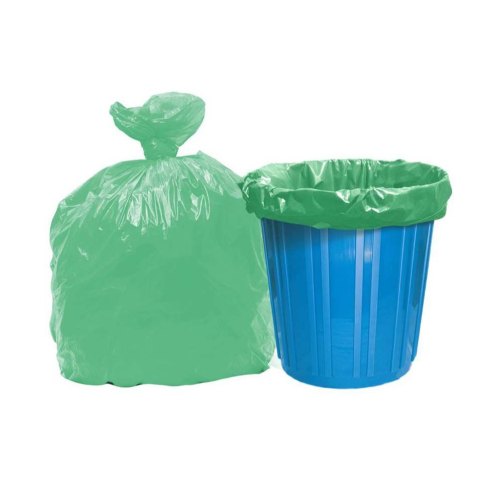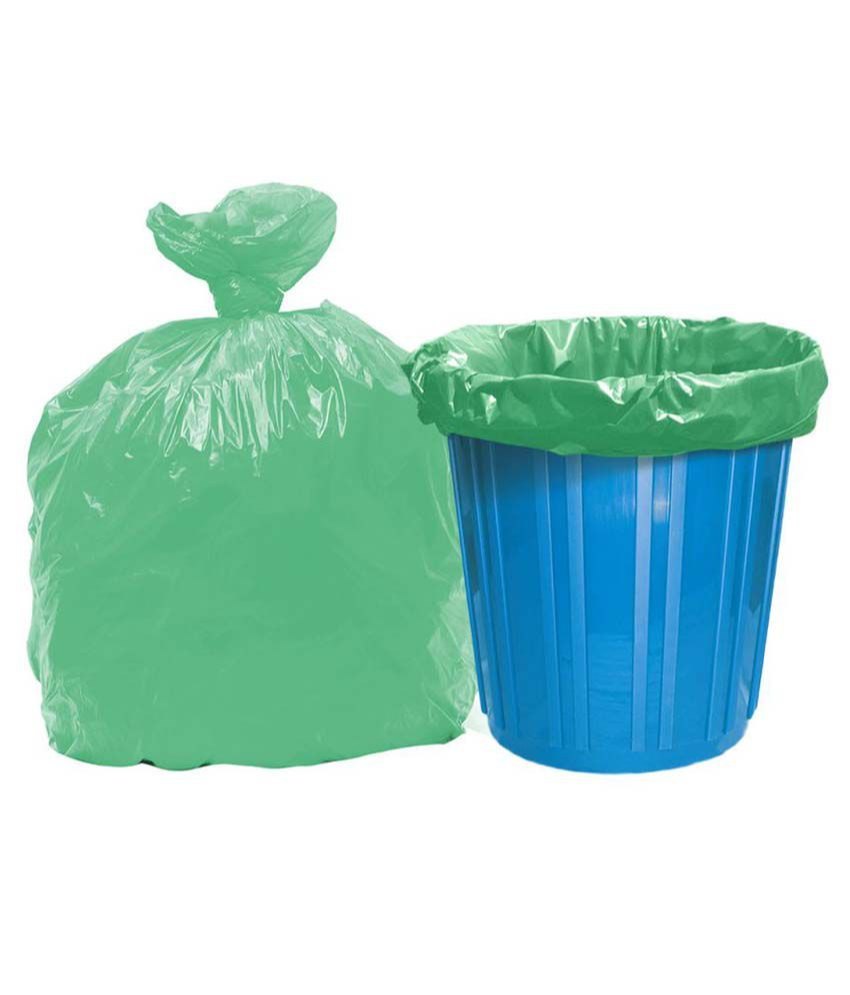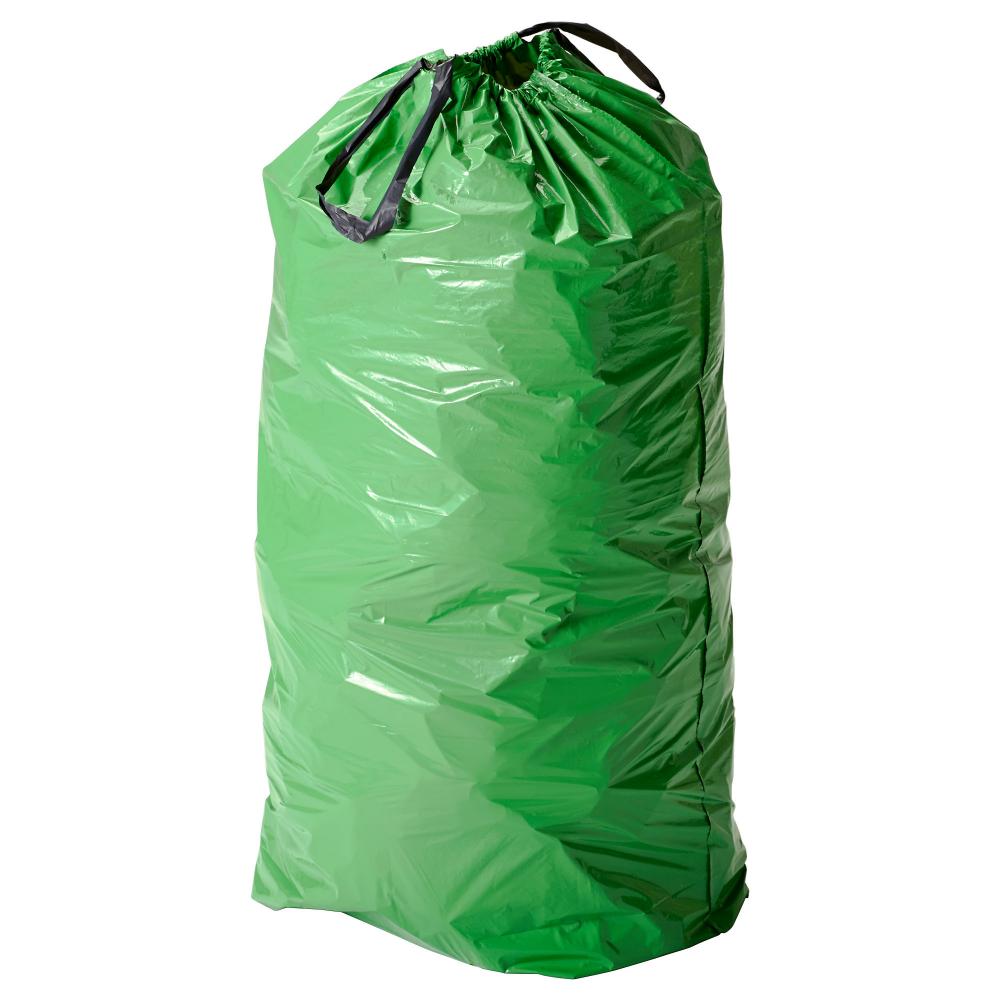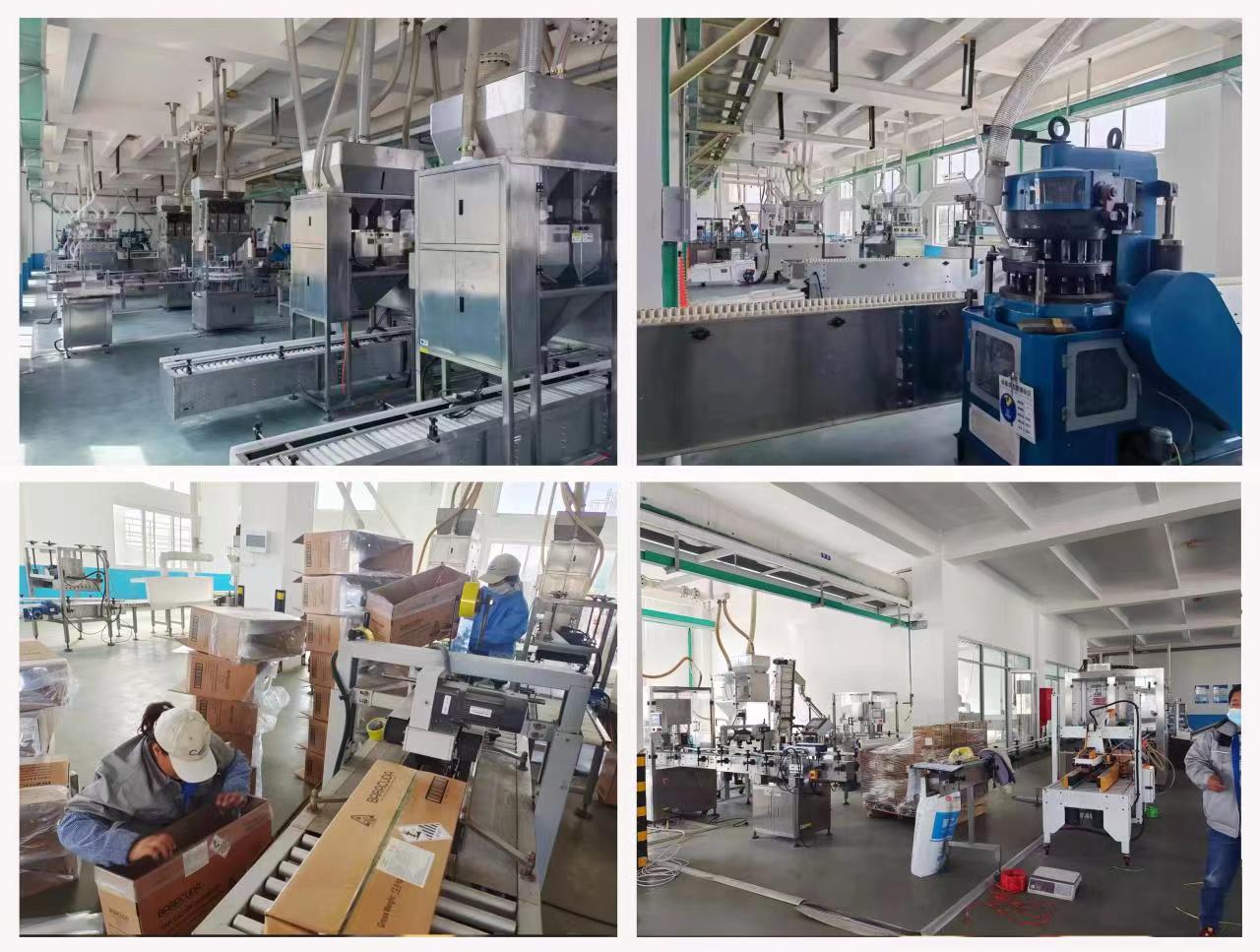

Select Language


Payment Type:L/C,T/T,D/P,D/A
Incoterm:FOB,CFR,CIF,EXW
Brand: kopeo
Custom Order: Accept
Plcae Of Origin: China
Industrial Use: Shopping,Supermarket,Grocery
Feature: 100%Biodegradable And Compostable;Eco-friendly
Plastic Type: Polyactic Acid
Material: PLA,PBATCornstarch
Sealing&Handle: Heat Sealing,Vest Handle
Surface Handling: Gravure Printing
Application: Express,Mail Service,Apparel Packing,etc
Sample: Avaliable
Payment Type: L/C,T/T,D/P,D/A
Incoterm: FOB,CFR,CIF,EXW
Introduction of the product
What are Bio-based Materials
Bio-based Materials are plastic products in which the raw materials are partially or wholly derived from biomass. Examples include the use of biomass materials such as corn, sugarcane, cellulose, fish skins, and melon shells for plastics production.
1.What is "biodegradable"?
Biodegradable refers to any substance that can be broken down by microorganisms (e.g. bacteria and fungi) and absorbed into the natural environment, biodegradation is a naturally occurring process.
When an object breaks down, its original components break down into simpler components such as biomass, carbon dioxide, and water. This process can take place with or without oxygen, but it takes less time with oxygen.
How long it takes to biodegrade depends on the chemical composition of the object and how it is stored, and variables such as temperature, water, light, and oxygen affect the rate of degradation. Most landfills lack sunlight, air and moisture, so the biodegradation process slows down significantly.
Vegetable peels, eggshells, paper and garden waste are all directly biodegradable. When these items are discarded, they break down in a relatively short period of time so they can be absorbed into the natural environment.
In contrast, materials such as Styrofoam, plastic and aluminum are often considered non-biodegradable because they take a long time to break down.
2. What is "compostable degradation"?
The term "compostable" refers to a product or material that can biodegrade in a specific, human-driven environment. Unlike the completely natural process of biodegradation, composting requires human intervention.
In the composting process, microorganisms break down organic matter with the help of humans, who provide the water, oxygen, and organic matter needed to optimize conditions. The composting process usually takes a few months or 1 to 3 years. The time is affected by variables such as oxygen, water, light and the type of composting environment. There are two main types of composting:
Residential composting: residential composting involves collecting food scraps in a garbage can or pile, mixing them with yard waste, and periodically breaking them down into more basic organic matter. For this reason, you can't break down things like meat, cheese, and fish in a residential garbage can due to the fact that there simply won't be enough heat generated.
Commercial composting: commercial composting involves sifting and sorting through organic and inorganic materials, breaking them down with chippers and grinders, and creating optimal conditions of moisture, temperature, and oxygen. As a result, commercial composters are able to break down more complex products than home composters.
3. Biodegradable and Compostable Degradable Plastics
If you've recently purchased a cell phone case, travel mug, or reusable shopping bag, you've probably come across biodegradable and compostable plastics, also known as Bioplastics. Many restaurants are even starting to use bioplastics for takeout containers, utensils and cups. These are usually made from materials such as corn starch, cellulose and soy. After proper composting, they break down into non-toxic carbon dioxide, biomass and water.
 Company information
Company information
The company's main import and export products include
(1)Water Treatment:Physical methods also include precipitation, is to let the impurities of smaller specific gravity float on the surface of the water to fish out, or the impurities of larger specific gravity precipitation in the lower, and then obtain. Chemical method is to use a variety of chemicals in the water impurities into less harmful substances, or impurities concentrated, the longest history of chemical treatment methods should be considered to be added to the water with alum, the collection of impurities in the water, the volume becomes larger, it can be used for filtration, the removal of impurities.
(2)Organic Raw Materials are widely used and can be divided into three aspects: one is the raw material used to produce polymer chemical products, that is, the monomer for polymerization; the other is used in other organic chemical industries, including raw materials for fine chemical products; Used in solvents, refrigerants, antifreezes, gas adsorbents, etc. Basic organic chemicals are the basis for the development of various organic chemical products and are a major component of modern industrial structures.
